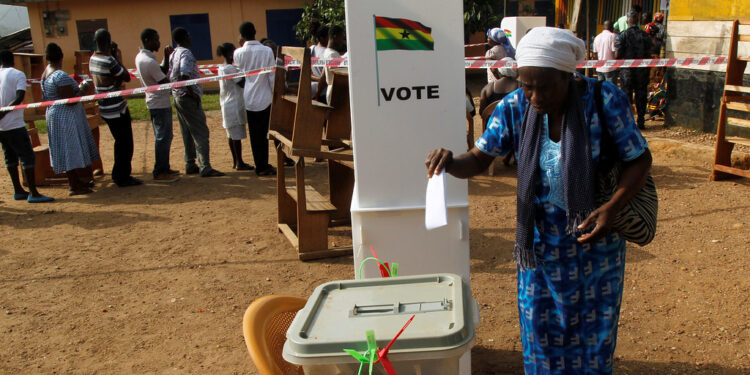Since multiparty elections began sweeping across sub-Saharan Africa in the 1990s, recurrent episodes of electoral violence have persisted.
Observers and scholars have studied this phenomenon to understand its causes and develop strategies for prevention. Electoral violence in Africa has become so endemic that it often seems resistant to all solutions. From West to East, North to Central Africa, countries that have not experienced electoral violence are the exception.
National elections are often seen as do-or-die affairs, with no one spared from their effects — including candidates, activists, poll workers, election observers, journalists, and voters.
For instance, the 1992 election in Angola triggered a 10-year civil war, resulting in thousands of deaths. In Ethiopia, election-related violence following the 2005 election caused about 200 deaths. Kenya’s 2007-2008 election violence claimed around 1,500 lives, while the 2010 presidential election in Ivory Coast left about 3,000 dead. Since Nigeria’s return to civilian rule after prolonged military governance, most elections have been marked by violence, with thousands of people dying as a result. Human Rights Watch recorded over 800 deaths following Nigeria’s 2011 election. Similar patterns have been observed in Sudan, Sierra Leone, Senegal, Gambia, Rwanda, Ghana, Liberia, Zimbabwe, Burundi, the Democratic Republic of Congo, and other countries, where electoral violence has led to significant loss of life and property.
Key Causes of Electoral Violence
Reducing the benefits that come with winning or losing a national election is crucial in mitigating the violence sparked by the “winner-takes-all” system, which leaves no space for the opposition. Politicians often seek not only power but also control over access to resources. When candidates spend large sums of money on their campaigns, the announcement of their loss by the electoral commission is hard to accept.
The issue extends beyond political leaders to their supporters. Many are confident of victory and struggle to accept the results, especially when they find out they will have no role in governing the country. Elections are viewed as high-stakes events, offering young people opportunities for upward social and professional mobility. For those who see their contributions to a party’s efforts as an investment, the allure of public office can push politicians and their supporters to use extreme measures, including violence, to secure electoral victory.
Ghana: Ensuring a Peaceful Election
Ghana is under international scrutiny as it approaches an election year. Tensions between the two major political parties, the NPP and the NDC, have escalated, raising concerns about potential violence in the run-up to the December elections.
A peaceful election would solidify Ghana’s reputation as a stable democracy and encourage the practice of free and fair elections across Africa, discouraging unconstitutional power grabs elsewhere. Conversely, a violent election would diminish Ghana’s stature and its acceptance by the international community as a truly democratic nation.
The limited registration exercise conducted by the Electoral Commission, despite being brief, recorded 34 violent incidents and 32 injuries. This is alarming, as WANEP has mapped out hotspots across Ghana’s 276 constituencies, identifying many high-risk areas that warrant the attention of security agencies.
While efforts should be made to ensure a peaceful election, it is equally important that the incumbent respects the will of the people if they lose. If necessary, any disputes should be resolved in court, as seen in 2016 when the NPP contested the election results but accepted the Supreme Court’s ruling in favour of the NDC. In 2020, the NDC similarly petitioned the court to annul the election results due to alleged irregularities, but the court ruled in favour of the NPP.
One key finding from numerous studies is that when politicians refuse to accept the results of a free, fair, and democratic election and instead promote a narrative of a “stolen verdict,” they endanger their people. The more such a narrative gains traction, the more likely it is that violence will escalate.






























